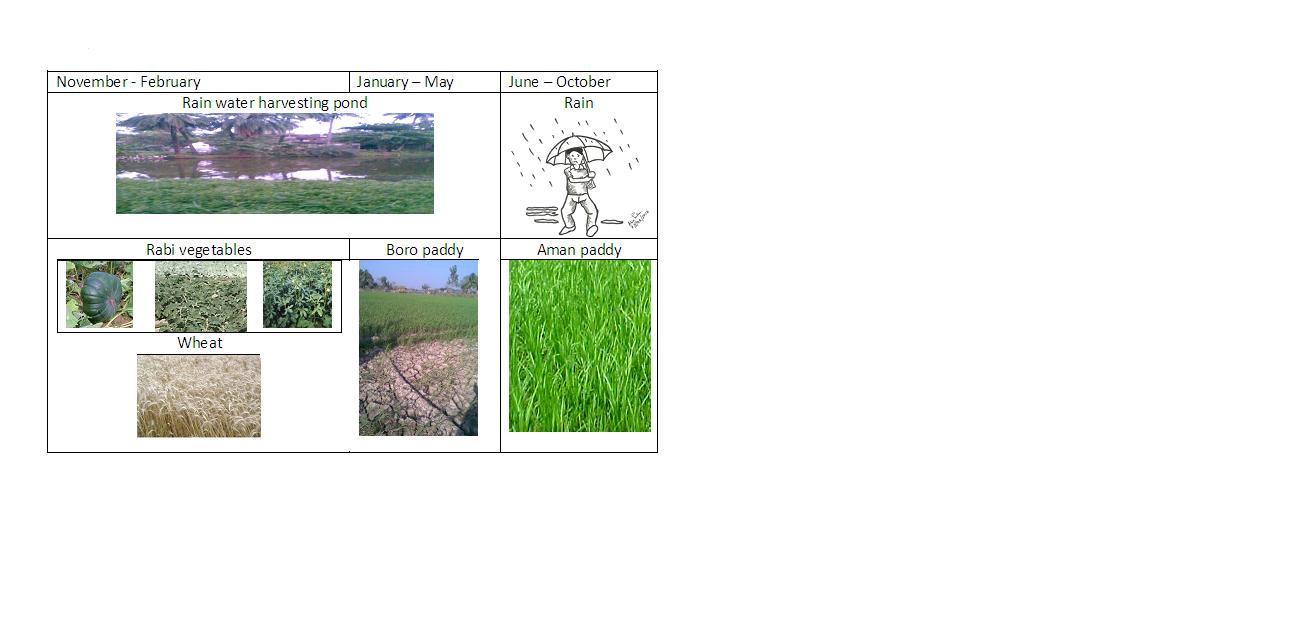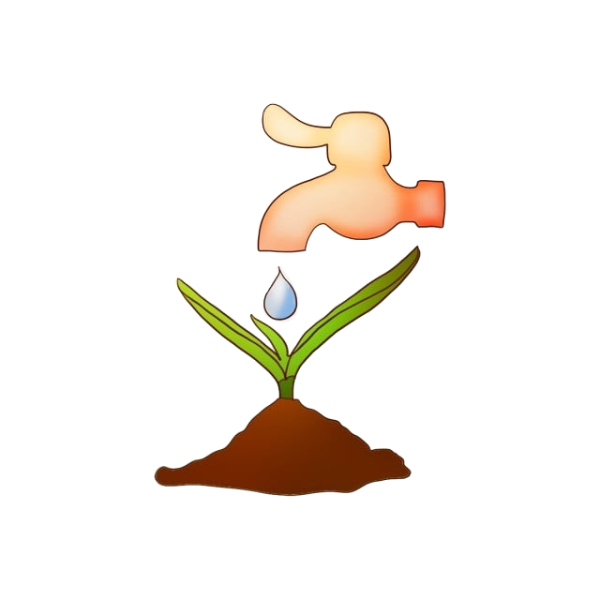
Studies on air temperature are necessary for assessing climatic conditions favourable for growing crops and also for altering the cropping pattern, if necessary, on the basis of hydrological balance in a particular area.

Contai (21 ̊47´.15 N Lat ) coastal area by the northern shore of the Bay of Bengal is a well problematic area in the district of Midnapore in West Bengal, India, where the general cultivation of crops is the fate of the gamble of monsoon and the problem is intensified with the saline groundwater for which that locality was used to be called till late eighties in the last century as “Contai Non Tubewell Area”.

To tackle that situation of threat to general agriculture in Contai, analysis of air temperature was done with a comparison to monthly PET (potential evapotranspiration) values against rainfall with a view to detecting agroclimatic feasibility for transforming that apparently water deficit monocropped area to a yearlong cultivable tract. The plan was prepared with the help of possible assured volume of rain water to be conserved in surface ponds in that locality. The studies were based on agroclimatic data for a period of twelve years 1977 – 1988. It was also revealed that agricultural drought would occur on 23rd April and would continue up to 30th June before the onset of another monsoon.
Reference:
• Panda, S.; Roy, G. B. and Ghosh, R. K. (1990). Detection of agroclimatic feasibility for
transforming an apparently water deficit monocropped area to a yearlong cultivable tract
in Contai, Midnapore, West Bengal, Ind. J. Landscape Sys. and Ecol. Studs. 13 (2): 174 – 176.
Panda S, Roy G B and Ghosh, R K 1990 Detection of agroclimatic feasibility
